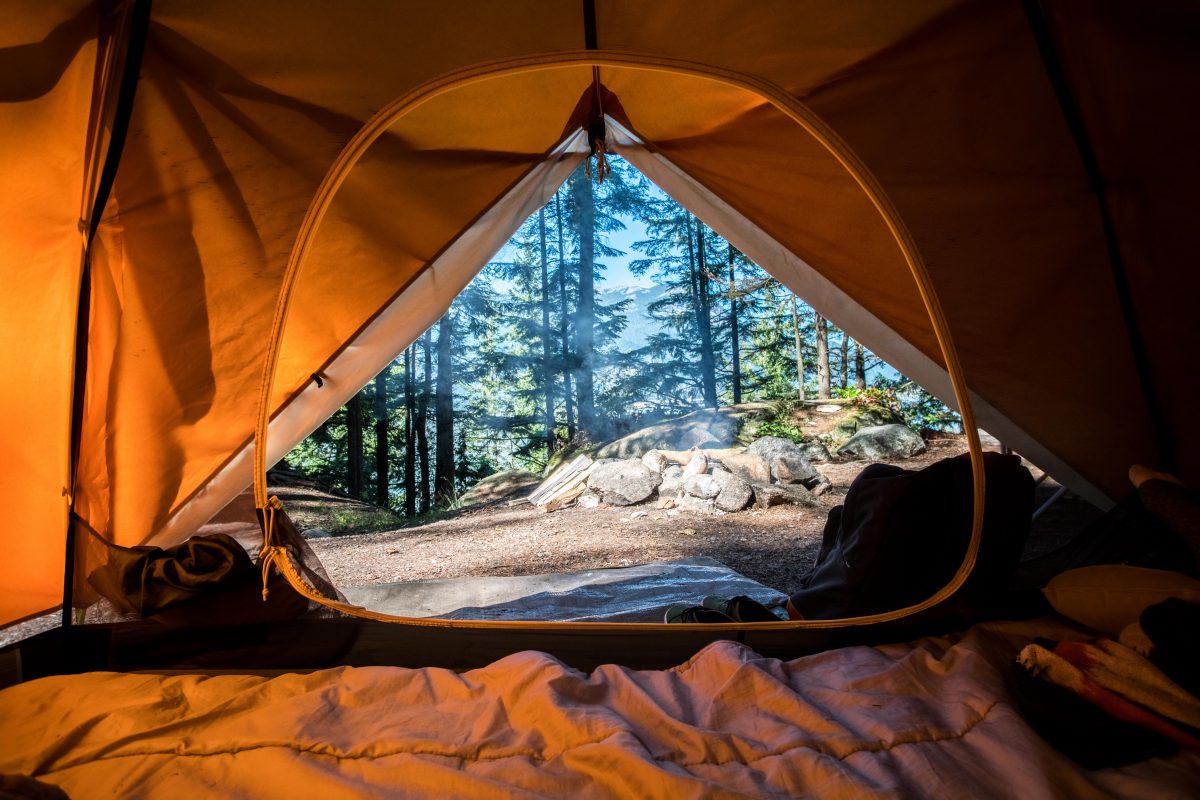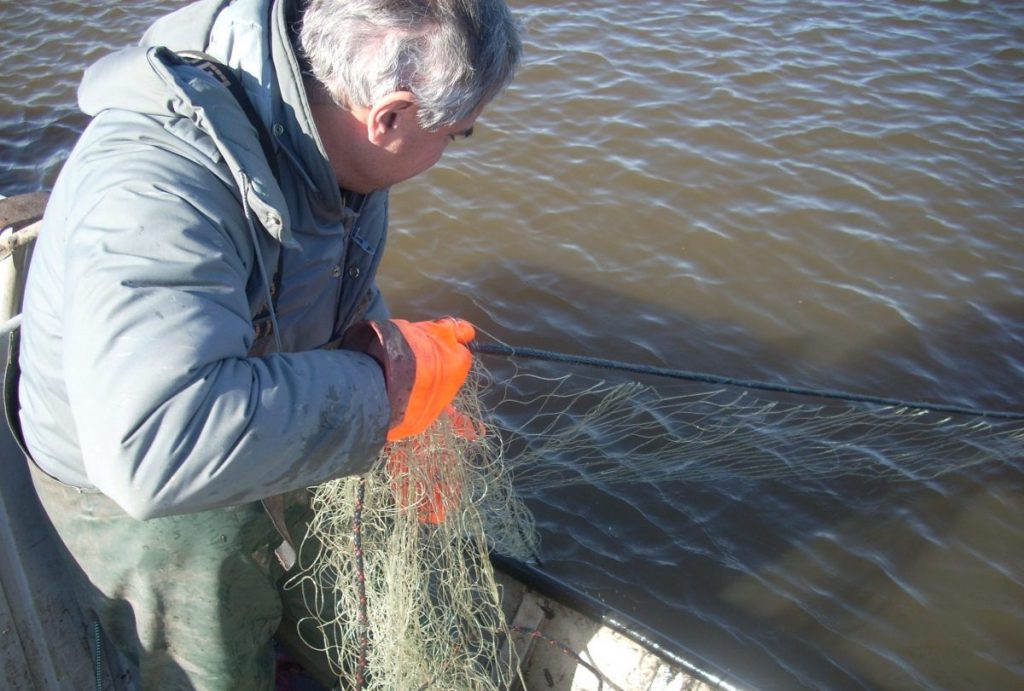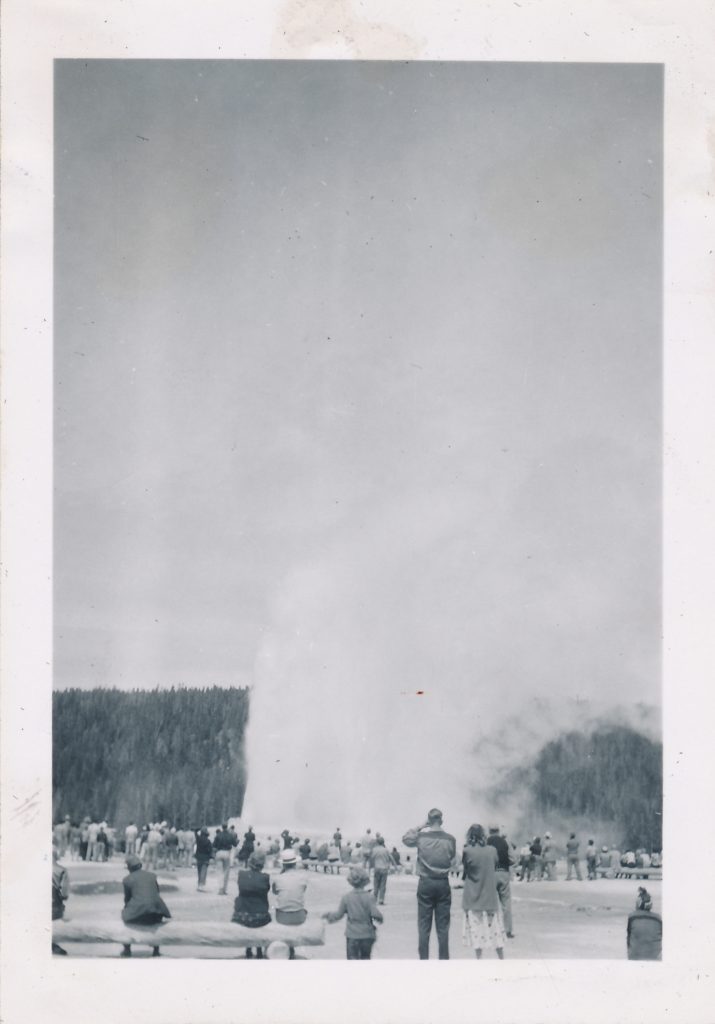For an industry that employs 7.6 million Americans and generates $887 million annually, the U.S. outdoor recreation industry has a lot to lose as a result of tariffs.
In the latest update in President Donald Trump’s trade war with China, the administration raised the 10 percent tariff on $200 billion of imports from China — initially instituted last fall — to 25 percent. The change, which took effect May 10, applies to certain outdoor equipment, from backpacks to bicycles to kayaks.
The Outdoor industry, however, is not the only stakeholder affected by this action; outdoor recreationists — which make up nearly half of the U.S. population — and the small, rural towns they frequent also stand to suffer the consequences. Essentially a tax on goods sourced from China, the tariff means companies will either have to absorb these costs or transfer them to consumers. The latter move could result in fewer purchases and outdoor excursions by recreationists.
For many small western towns in particular, outdoor recreation is their lifeblood.
Some outdoor businesses estimated that every $1 in tariffs converted to an additional $4 in retail costs.
In fact, a recent report from nonprofit research group Headwaters Economics shows that a county with outdoor recreation attracts more new residents, including those with higher incomes and faster earnings growth, than a county without it; this is especially true for rural areas (i.e., those with less than 10,000 residents).
Rich Harper, manager of international trade at the Outdoor Industry Association (OIA), told the Denver Post in November that some outdoor businesses estimated that every $1 in tariffs converted to an additional $4 in retail costs and that higher tariffs could also mean a decrease in hiring by these companies.
With the most recent series of tariffs still fresh on consumers’ and companies’ minds, the Trump administration has proposed yet another round. This 25 percent tariff would target approximately $325 billion in Chinese imports, on items including tents, sleeping bags, clothing and other outdoor gear. Likely the most affected of all industries would be footwear.
Already, more than 170 shoe companies and retailers have come together to urge Trump against taking such action. In a recent letter to the president, executives of companies such as Nike, Teva and Under Armour warned him of the consequences should the proposed tariffs be imposed: Costs would be passed on to consumers.
According to Footwear Distributors and Retailers of America (FDRA), the industry’s business and trade association, the new levy could cost shoppers a total of $7 billion more each year. Consumers could see the price of performance running shoes as well as hunting boots increase from $150 to $206 and from $190 to $248, respectively, FDRA reports.
The OIA has warned that this additional levy could take effect as soon as mid-July and is urging its members to make their voices heard by testifying at a public hearing, which will begin in Washington, D.C., on June 17. A public comment period will also take place, lasting for seven days after the last day of the public hearing.
“This is an all-hands-on-deck moment. Only together can we push back against these tariffs,” Harper said during a recent internet seminar.
“China currently represents one of the most important production source countries for the industry, with companies from every sector producing goods to be sold in the American market.”
He has also encouraged outdoor businesses to find alternative countries to source their products from — not an easy prospect as he said China is responsible for manufacturing more than 90 percent of outdoor recreation products.
“China currently represents one of the most important production source countries for the industry, with companies from every sector producing goods to be sold in the American market,” Tom Cove, Sports and Fitness Industry Association president and chief executive, said in a statement. “We fear a particular threat to small and medium-sized companies that have less capacity and market power to make dramatic shifts in real time.”
The cost of tariffs on products imported to the U.S. have almost entirely been passed on to consumers and businesses, according to a report titled The Return to Protectionism, published by economists at several top-tier universities last September and updated in March. These levies, which have cost $7.8 billion in lost GDP, are “essentially a sales tax paid by U.S. purchasers,” the authors said.
Although one would assume that companies which tout “Made in the USA” would fair better amidst such a trade war, that’s not necessarily the case. Even many of those that assemble their products in the states rely on parts that are produced in China. KEEN footwear is one example.
For Sara Bowersox, trade compliance manager for KEEN, the most frustrating part of the current situation is not knowing how long it will last.
“When [people ask] ‘when is this going to be over?’ you just have to shrug, because you don’t know,” she told the OIA. “It may never be over. It may stay forever. I hope not, but we don’t really have any perspective on that. The disorientation to the flow of business has been really, really damaging.”





